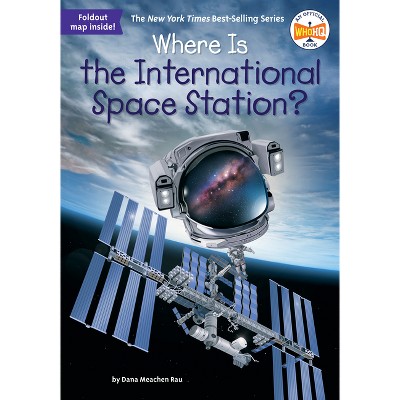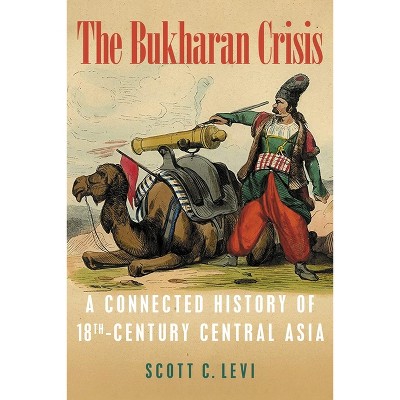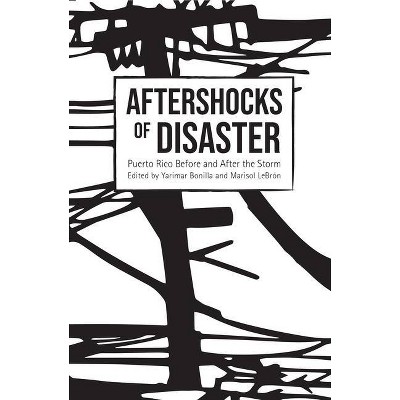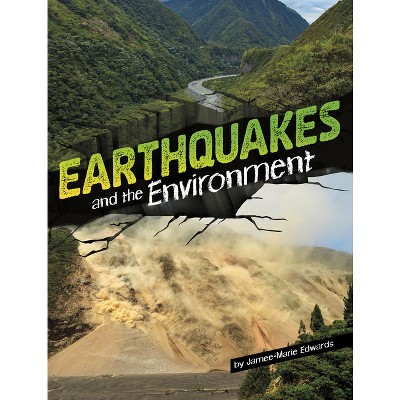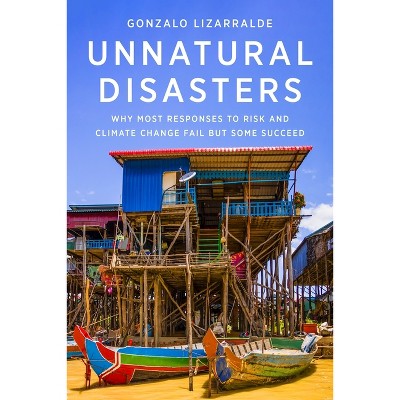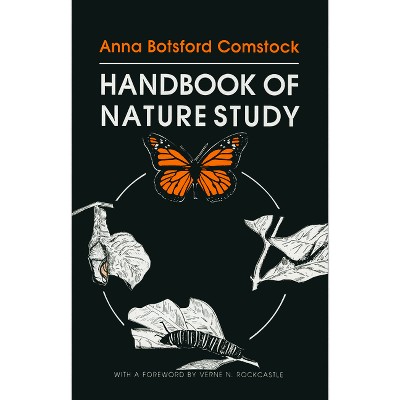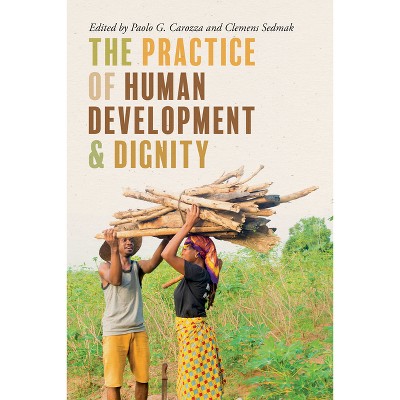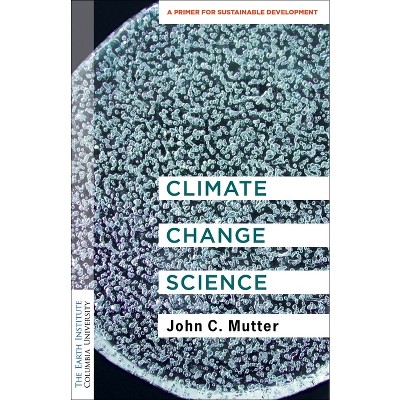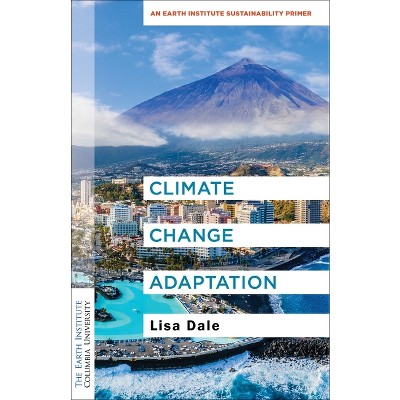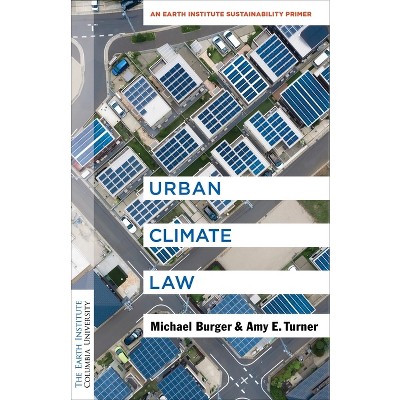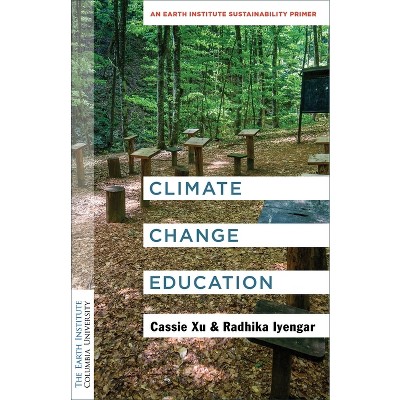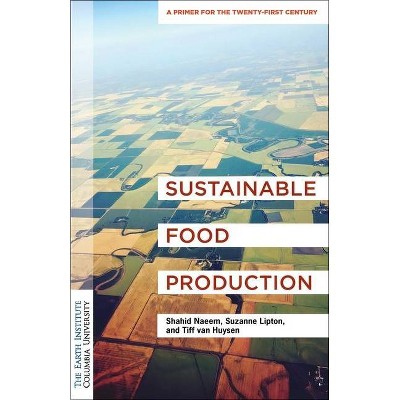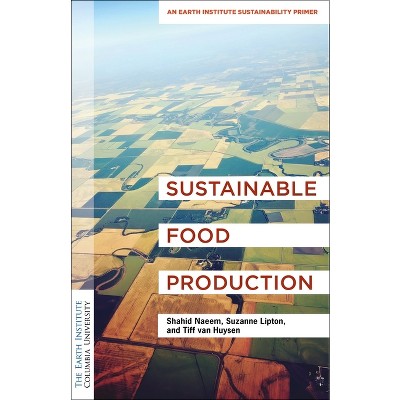Sponsored

Disasters and Human Development - (Columbia University Earth Institute Sustainability Primers) by John C Mutter & Sonali Deraniyagala
In Stock
Sponsored
About this item
Highlights
- Disasters arise from the convergence of natural and social forces.
- About the Author: John C. Mutter is a professor at Columbia University with appointments in the Department of Earth and Environmental Sciences and in the School of International and Public Affairs as well as a faculty member of the Columbia Earth Institute.
- 256 Pages
- Nature, Natural Disasters
- Series Name: Columbia University Earth Institute Sustainability Primers
Description
About the Book
This primer provides readers with a fundamental understanding of disasters and their consequences.Book Synopsis
Disasters arise from the convergence of natural and social forces. Earthquakes, cyclones, floods, droughts, and other catastrophic events disproportionately affect the most vulnerable people, whether the poor in wealthy countries or the inhabitants of less developed countries. In a warming world, climate-related disasters threaten to become even more hazardous.
This primer provides readers with a fundamental understanding of disasters and their consequences. John C. Mutter and Sonali Deraniyagala--a natural scientist and an economist--share their expertise in straightforward language, showing why an interdisciplinary approach is necessary to understand the causes and effects of these multifaceted events. This book first explains the natural science of why and how disasters occur and then investigates their significance for economic development across communities and countries, focusing on growth, inequality, and reconstruction. It features a wide range of global case studies, including earthquakes in Turkey and Haiti, hurricanes in the United States, drought in Ethiopia, and cyclones in Myanmar and Bangladesh. Disasters and Development will be useful for undergraduate and graduate courses, and it is relevant and accessible to practitioners and other interested readers.About the Author
John C. Mutter is a professor at Columbia University with appointments in the Department of Earth and Environmental Sciences and in the School of International and Public Affairs as well as a faculty member of the Columbia Earth Institute. His books include Climate Change Science: A Primer for Sustainable Development (Columbia, 2020).
Sonali Deraniyagala teaches in the Department of Economics at SOAS, University of London. Her books include Wave (2013), an acclaimed memoir of her experiences during and after the 2004 Indian Ocean tsunami.

